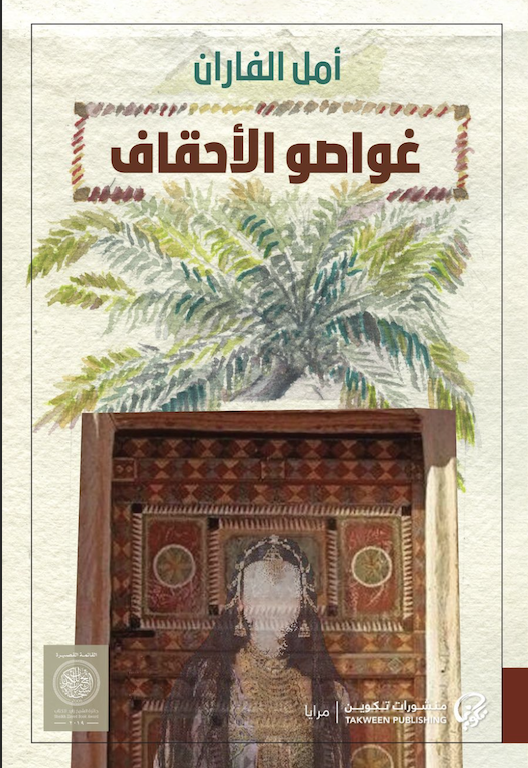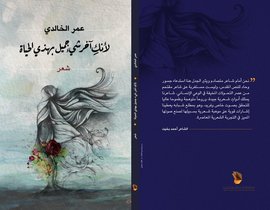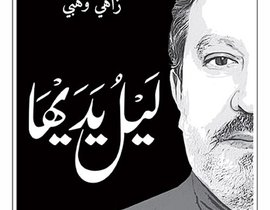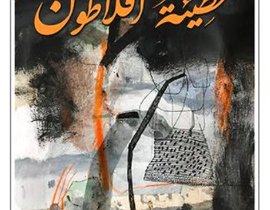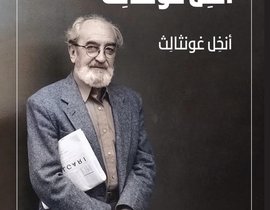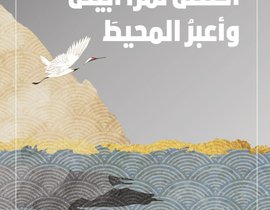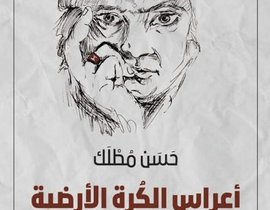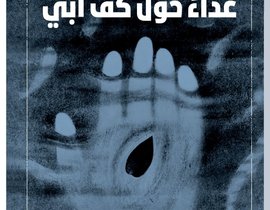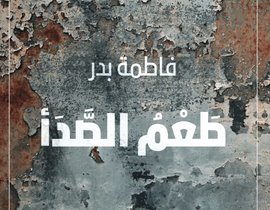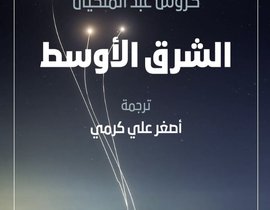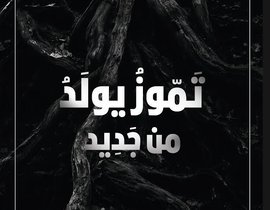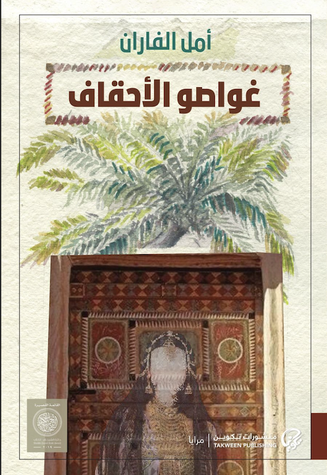
Details
In Amal’s narrative, the language reinvents itself — in loyalty to the image of the people and the place. Part of the way her language submits to meaning is through this infusion of the colloquial: whether in prose, poetry, prayers, or expressions deeply rooted in the local consciousness.
Dr. Siham Al-Aboudi, Saudi writer and critic
Divers of the Ahqaf is a magnificent work that evokes the desert in all its hidden complexity and conjures a language reminiscent of Munif — even surpassing his style in several areas.
Ashraf Fagih, Saudi novelist
In the desert, under the relentless rain of its harshness, and within the quagmire of its oppressive logic, there lies a wondrous energy of delicate sensitivity, a vast system of intense emotions.
Khalid Al-Rifai, Saudi writer and academic
During my first reading, the novel captivated me through two powerful qualities it masterfully possesses:
The first is the poetic nature of its language, which celebrates all the beauties of nature. Here, palm trees, coffee, trees, torrents, rain, sun, incense, and communal dance rituals are not mere motifs but influential characters that drive the text’s dynamics. Additionally, noble poverty and social solidarity are strongly depicted.
The second strength is the element of suspense, which deeply immerses the reader in the lives of the novel’s characters, their movements, and their inner anxieties, all within a closed community centered on itself.
Dr. Miqdad Masoud, Iraqi poet and critic
- Home
- »
- Arabic Book
In Amal’s narrative, the language reinvents itself — in loyalty to the image of the people and the place. Part of the way her language submits to meaning is through this infusion of the colloquial: whether in prose, poetry, prayers, or expressions deeply rooted in the local consciousness. Dr. Siham Al-Aboudi, Saudi writer and critic Divers of the Ahqaf is a magnificent work that evokes the desert in all its hidden complexity and conjures a language reminiscent of Munif — even surpassing his style in several areas. Ashraf Fagih, Saudi novelist In the desert, under the relentless rain of its harshness, and within the quagmire of its oppressive logic, there lies a wondrous energy of delicate sensitivity, a vast system of intense emotions. Khalid Al-Rifai, Saudi writer and academic During my first reading, the novel captivated me through two powerful qualities it masterfully possesses: The first is the poetic nature of its language, which celebrates all the beauties of nature. Here, palm trees, coffee, trees, torrents, rain, sun, incense, and communal dance rituals are not mere motifs but influential characters that drive the text’s dynamics. Additionally, noble poverty and social solidarity are strongly depicted. The second strength is the element of suspense, which deeply immerses the reader in the lives of the novel’s characters, their movements, and their inner anxieties, all within a closed community centered on itself. Dr. Miqdad Masoud, Iraqi poet and critic
-
Sold by
booksh
See other items

- SKUsku_16_7663
- ShippingOODDSS Economy Delivery 1KD,
-
Delivery
Varies for items shipped from an international location
Delivery within 4 business days - CountryKuwait
- Return0 days
Details
In Amal’s narrative, the language reinvents itself — in loyalty to the image of the people and the place. Part of the way her language submits to meaning is through this infusion of the colloquial: whether in prose, poetry, prayers, or expressions deeply rooted in the local consciousness.
Dr. Siham Al-Aboudi, Saudi writer and critic
Divers of the Ahqaf is a magnificent work that evokes the desert in all its hidden complexity and conjures a language reminiscent of Munif — even surpassing his style in several areas.
Ashraf Fagih, Saudi novelist
In the desert, under the relentless rain of its harshness, and within the quagmire of its oppressive logic, there lies a wondrous energy of delicate sensitivity, a vast system of intense emotions.
Khalid Al-Rifai, Saudi writer and academic
During my first reading, the novel captivated me through two powerful qualities it masterfully possesses:
The first is the poetic nature of its language, which celebrates all the beauties of nature. Here, palm trees, coffee, trees, torrents, rain, sun, incense, and communal dance rituals are not mere motifs but influential characters that drive the text’s dynamics. Additionally, noble poverty and social solidarity are strongly depicted.
The second strength is the element of suspense, which deeply immerses the reader in the lives of the novel’s characters, their movements, and their inner anxieties, all within a closed community centered on itself.
Dr. Miqdad Masoud, Iraqi poet and critic


